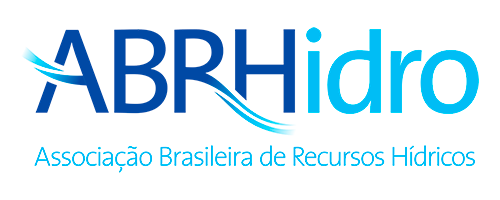9th International Symposium on Integrated Water Resources Management (IWRM) | 14th International Workshop on Statistical Hydrology (STAHY) | I EBHE - Encontro Brasileiro de Hidrologia Estatística
Data: 04/11/2024 à 07/11/2024
Local: Florianópolis-SC
Mais informações: https://www.abrhidro.org.br/iebhe
Water efficiency in strategic sectors to promote water security in Brazil
Código
I-EBHE0186
Autores
Tema
WG 2.6: Water systems analysis for integrated planning & management
Resumo
In 2021, total water withdrawal in Brazil for diverse uses was estimated at 2134.8 m³/s, equivalent to 67 trillion liters. Inefficient use of water for irrigation, urban supply and industry represent significant water losses, given that these sectors accounted for 54%, 23% and 9% of the water consumption of the country in the same year. Therefore, practices and technologies to increase water efficiency in agriculture, cities and industries are essential for reducing water consumption and increasing water availability for multiple uses. This study presents water efficiency measures in the sectors of the economy that consume the most water, with a brief economic analysis and recommendations for drawing up guidelines for implementing water efficiency in Brazil. This technical study was based on bibliographic surveys. The main water efficiency practices and technologies presented were agroforestry systems (AFS), as an agricultural method that is less dependent on irrigation than conventional agriculture; the reduction and control of losses in water distribution systems; and industrial reuse, with a focus on the reuse of treated effluents. It was observed that the payback on investment in AFS can vary considerably, with one of the studies showing a payback of between 1 and 3 years. In addition to the financial benefits, AFS generate ecological benefits and contribute to regulating the hydrological cycle. Activities to reduce apparent water loss in drinking water distribution systems have a short payback compared to projects to reduce real losses (e.g. sectorization). Regarding industrial reuse, a return on the initial investment was observed in 17 months in a soft drinks industry. The establishment of guidelines and technical standards is crucial for the implementation of treated effluent reuse in Brazil at federal, state and municipal level. In order to achieve such standards, minimum water quality criteria must be observed, including the type of treatment required, pathogen indicators, physical-chemical parameters and monitoring frequency. The implementation of water efficiency measures is essential to ensure the fair distribution of water resources to the multiple uses of water. Establishing specific guidelines for water efficiency technologies requires an extensive study, which should be discussed and evaluated with civil society, water resource users and researchers. This study is expected to serve as a baseline for actions that promote the sustainable use of water in various sectors, contributing to the water security of the country.

